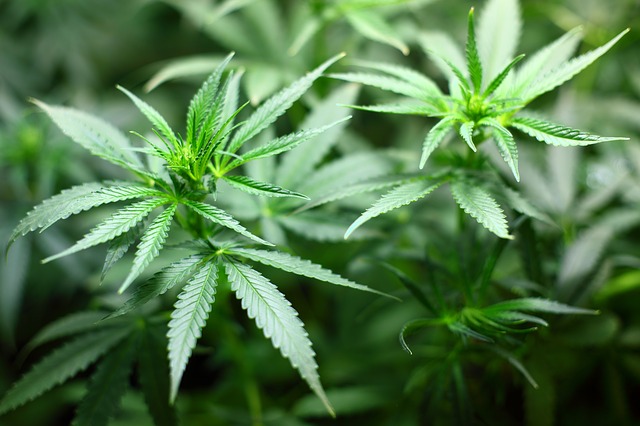On late Tuesday, Pennsylvania lawmakers finished amending a bill that would allow doctors to prescribe medical marijuana to state residents suffering from a broad range of medical conditions.
The state house was expected to hold a final vote on Wednesday. State Rep. Mike Regan, a former federal marshal said, “I have no doubt it’s going to pass,”
Diana Briggs, a Pittsburgh area woman seeking medical marijuana to treat her 15-year old son, who’s disabled by frequent seizures that haven’t been controlled with available medicine, said, “We are so excited — this is out Super Bowl.”
House members spent much of Tuesday afternoon voting down a long series of amendments, many of them introduced by opponents of medical marijuana. Several other amendments were passed, including one that expands the list of approved medical conditions to include sickle cell disease, and others that ban elected officials from having a stake in medical marijuana businesses, and prevent medical marijuana dispensaries from operating near schools.
The fight against many amendments, which supporters saw as detrimental, was led by state Rep. Ron Marsico, R-Dauphin.Marsico was the author of a sprawling amendment that passed overwhelmingly on Tuesday which provides the main components of a medical marijuana program for Pennsylvania.
More than a dozen conditions could be treated by medical marijuana, including seizures, PTSD, chronic pain, HIV/AIDS, glaucoma, Crohn’s disease, multiple sclerosis, and some other neurological and gastrointestinal conditions.
The Pennsylvania Department of Health would regulate medical marijuana, but a separate board within the department would devise regulations and be responsible for things such as adjusting the list of conditions that can be treated with medical marijuana, and adjusting consumption methods.
As it stands, medical marijuana is not allowed to be smoked but it can be dispersed in forms including pills, creams, oils, liquids and forms that can be vaporized.
The state would initially license up to 25 growers/processors and up to 50 dispensary, with each dispensary allowed to have up to three locations. Medical marijuana would be taxed at 5% at the wholesale level, and there would be a program to make sure it’s affordable for the poor.
Medical marijuana will have to be grow indoor, highly secure facilities. Patients need to receive a recommendation from their doctor, then a state-issued card, as would their caregivers in order to gain access to medical marijuana. Doctors and others in the prescribing and dispensing process will have to undergo training.
If the House gives final approval to the amended bill which began in the Senate, it would have to return to the Senate for another vote, which approved the earlier version of the bill 40-7.
For more than two years, medical marijuana supporters have been lobbying intensely. They persisted through 10 months of frustration after the Senate passed a bill but the House failed to act until late Monday. After Mondays 152-38 vote in favor of the Marsico amendment that some supporters said improved the Senate Bill, SB3, which was authorized by state Sen. Mike Folmer, R-Lebanon, optimism finally surged.
Gov. Tom Wolf has said he will sign a bill. On Tuesday afternoon he met with medical marijuana supporters in his office, telling him they have carried out a “historic” feat which shows the power of Democracy.
Others on Tuesday were calling the effort a historic example of how strong grassroots efforts and a worthy cause can cause Republics and Democrats to put aside partisan differences.
State Rep. Ed Gainey, D-Allegheny, said “This is people power at its best. Look what Democracy can do when you believe.
The medical marijuana program is expected to take between 18 months and two years to get up and running. Pennsylvania would become one of about two dozen U.S. states and territories that allow medical marijuana.



